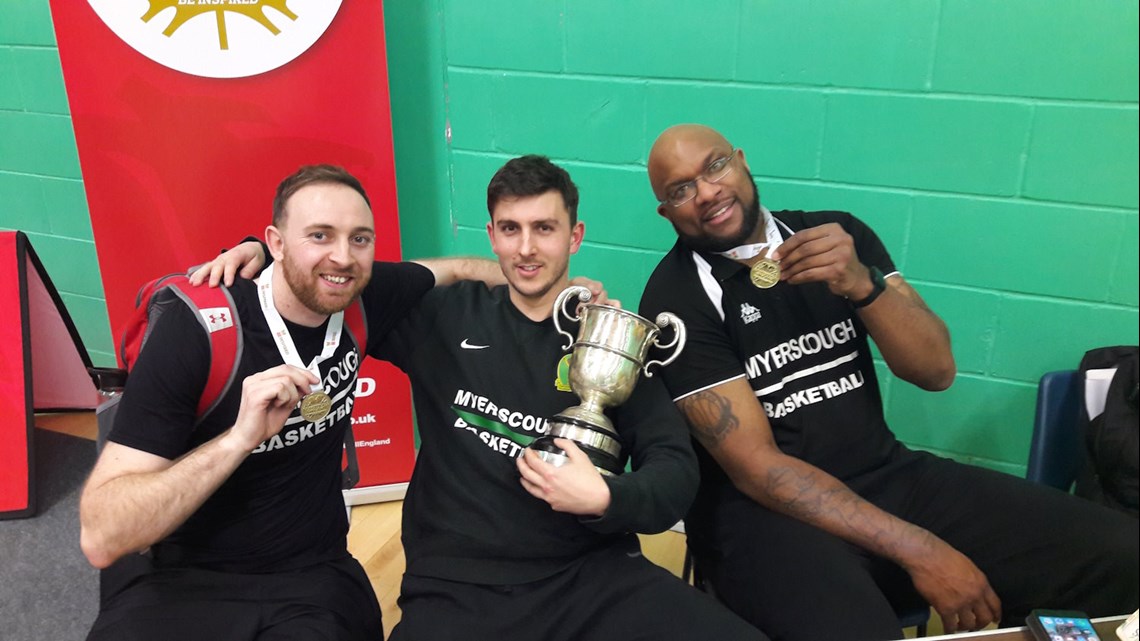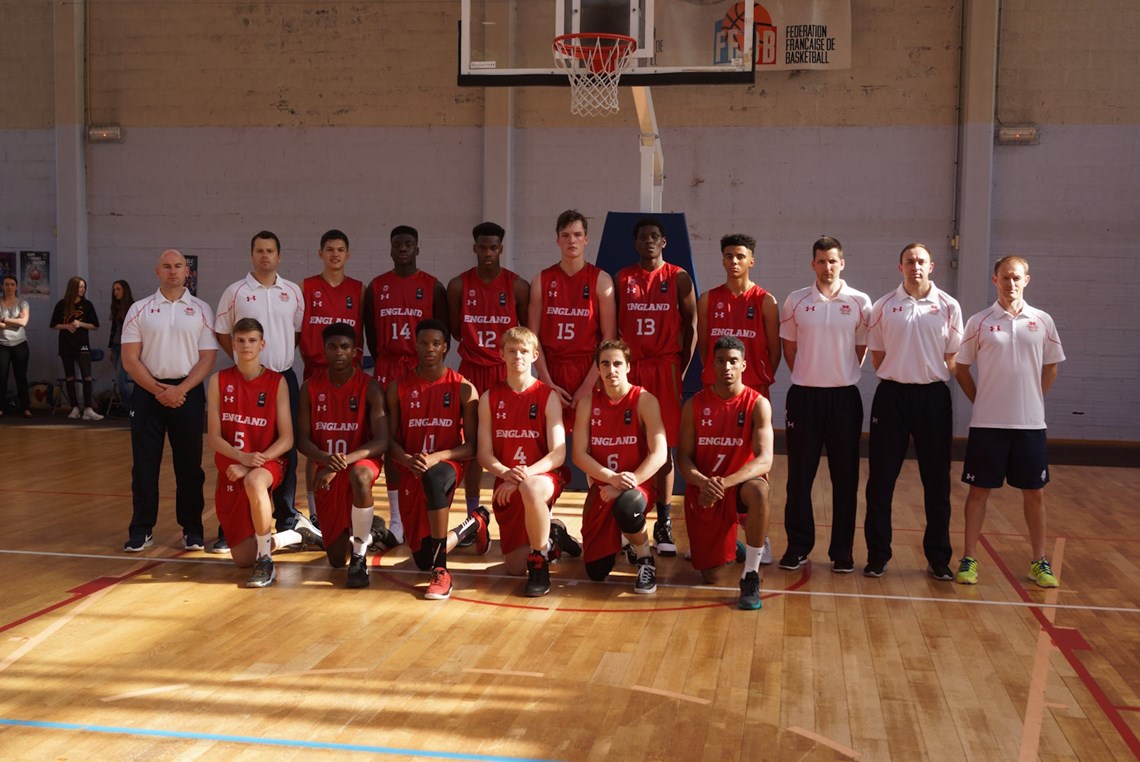
After finishing his maiden season coaching in Germany's Pro A and Regionalliga leagues, we caught up with the 34-year old to discuss how he started his coaching career, his stops along the way, and what advice he'd pass on to other coaches looking to follow in his foot steps.
Last week's opening part covered Culley's introduction to coaching, how he started his journey and his eventual move to the South East and Kent Crusaders.
This article continues the four-part series with the former Myerscough man, with a new instalment coming on the next two Fridays (6 & 13 June).
.
The academy set-up was emerging, with the creation of the EABL in 2010 and its continued growth over the ensuing years. As the central pillar of the England Development Programme (EDP) and focusing on the Diploma in Sporting Excellence (DiSE) qualification, it gave Culley another option for his next step.
With the EABL going from strength-to-strength, it would eventually collide with Culley’s own ambitions, but not before another chance encounter a few years prior.
“I met Neal [Hopkins, Myerscough’s Head Coach and Programme Director] one or two years earlier,” he explains. “He was an assistant, coaching with the U18 Men under Karl Brown, and I was an intern, so that was my first experience with National Team basketball in 2014.
“I met him, and then Neal said, ‘When you graduate, come and work here’ and I kind of took it as tongue in cheek. They won the EABL in 2014/15, and were becoming a great programme.
“But as I got closer to finishing in Kent, I went and visited Myerscough. I fell in love with the campus. I was really inspired by the conversations I had.
“The plan was to go there, study my Masters degree at UCLan, and then see what happened. And I ended up being there for eight years.”

Moving to the North West not only provided Culley with the ability to help develop performance athletes as part of the EABL, but his educational choices also intertwined.
Studying Elite Coaching Practice at UCLan provided a path to achieving his Level 4 coaching qualification, becoming one of a small number of coaches to reach that level in England.
Developing on the court as well as off it, the transformative nature of his near-decade at ’Sco certainly isn’t lost on Culley.
“I spent a large part of my life there, and I certainly grew as a coach. I went to Myerscough as a fresh-faced graduate who was just passionate about basketball, but I didn’t really know who I was and where I sat in terms of coaching.
“The whole situation was what made it for me though. Getting to work alongside talent pathway coaches, ex-professionals, and some of the UK’s most promising talent, it was a melting pot for development and I have nothing but appreciation for Neal and all the guys there, it was so good for me.
"I was also fortunate to work closely with Nici [Hewitt] and Meehra [Gorasia], who both provided invaluable support over the years, with the latter assisting me as part of the Under-18 Championship team in 2019. They aren't bad table officials as well!
“By the time I was done, I left as a Level Four coach, I'd gone to the other end of the scale and coached at European Championships as part of the England Talent Programme (ETP) and with GB.”
As he has continued to make his mark as a coach, Culley has been a frequent fixture across the Performance Pathway. Working across multiple age groups, as well as with male and female teams with both England and Great Britain, he has immersed himself in taking his skills to the next level.
Unsurprisingly, that also came from an inspiration much closer to home.
“I had a personal challenge with Rick, and the challenge was to become a National Team head coach younger than he did it,” laughs Culley, remembering his mentor’s drive with affection.
“That was the challenge, to do it before 30. Because Rick has so much experience, and that was something I always leaned on, and all the conversations that we had over the years.
“I just took immense pride over how much he cared about National Teams basketball and British Basketball, and that was something that I wanted to carry on.
“I was very lucky that I had the opportunity to be an intern with Karl Brown, and then I interned with Alan Keane. Then I switched from the boys to the girls. I was with Christina [Stanciuca] with the girls; I have ticked off a lot of boxes across the Pathway.
“I don't think it was necessarily planned. I just wanted to be involved with National Team basketball as much as I could, because it meant so much to be involved.
“What I see is the highest honour you can have within sport, it’s to represent your country.”

The longer Culley stayed at Myerscough, the more he began to plot what was next. His childhood dream to coach overseas still remained, and as the years ticked by, it still burned as brightly as ever.
COVID complicated the timelines, as did a cancer diagnosis for friend and mentor Hopkins. Fortunately in remission since 2023, Hopkins is back once again, but the episode did allow Culley an opportunity to repay the faith that had been shown in him.
“When Neal got sick, I chose to stay and be there,” he says. “And that was the loyalty that I had to him and the programme. And then once he made a full recovery, and I knew he was coming back, I knew I had the timing and opportunity to make something happen.
“It was arguably the hardest decision I’ve ever had to make. Do I go? Do I not go? It’s something I spoke about with Neal a lot; it’s probably why me and him work so well together.
“He’s very quick, very decisive in the moment; very finger on the pulse. I’m much more analytical that sometimes I overthink. And when I finally decided to go, he joked that I actually made a decision!
“It was really difficult, because I grew up there as a coach and as a person, but I felt it was the right time.”
.
Main image credit - Dennis Duddek
